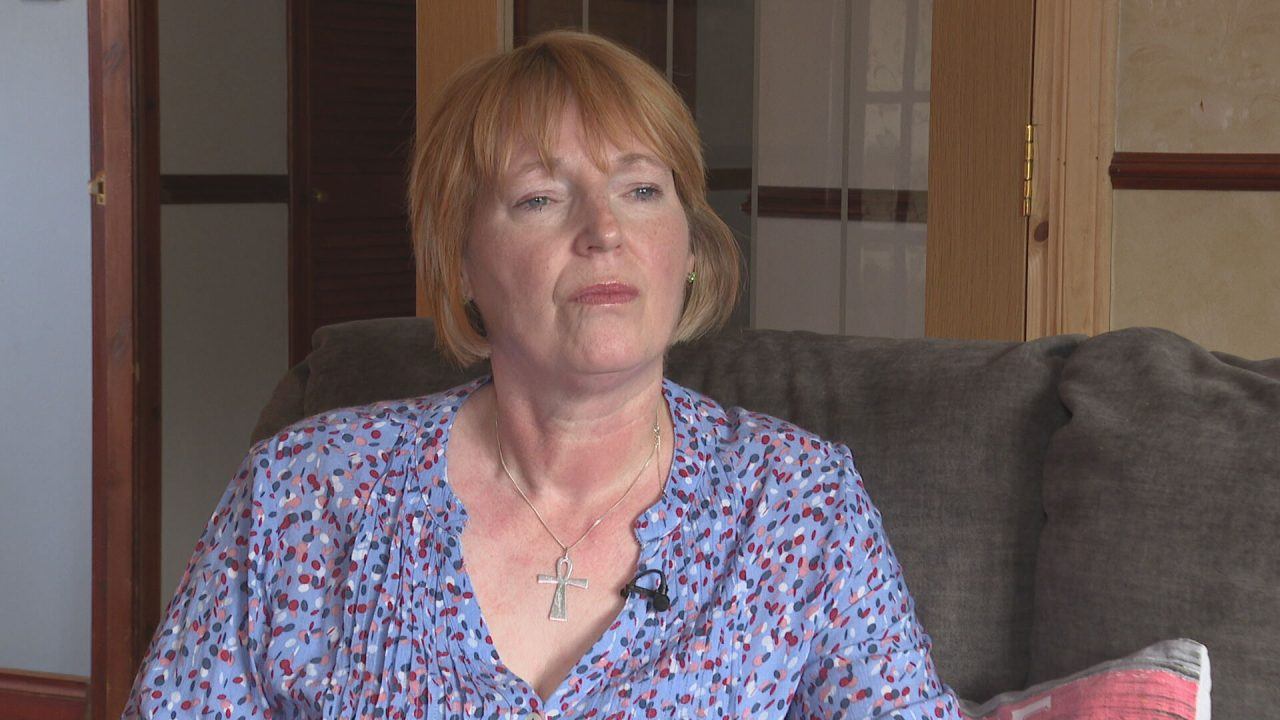Key Points
-
 Chronic pain patients fear losing access to specialist NHS injections as contracts for services face expiry in 2026.
Chronic pain patients fear losing access to specialist NHS injections as contracts for services face expiry in 2026. -
 Former nurse Kirstin Laing says injections were ‘utterly life-changing’ after years of being bedridden with sciatic nerve damage.
Former nurse Kirstin Laing says injections were ‘utterly life-changing’ after years of being bedridden with sciatic nerve damage. -
 Campaigners warn that pain management centres are being dismantled and some patients have died waiting for specialist care.
Campaigners warn that pain management centres are being dismantled and some patients have died waiting for specialist care. -
 NHS Highland insists it continues to provide evidence-based treatments and will soon expand its team with a new consultant.
NHS Highland insists it continues to provide evidence-based treatments and will soon expand its team with a new consultant. -
 Health secretary Neil Gray says the government is investing to improve waiting times and support people to better manage conditions.
Health secretary Neil Gray says the government is investing to improve waiting times and support people to better manage conditions.
Chronic pain patients across Scotland say they are terrified of returning to the “living hell” of daily life without specialist NHS injections, amid fears services are being cut to the bone or dismantled entirely.
Campaigners warn of people “hidden away” on lengthy waiting lists, with some taking their own lives because they haven’t been able to access services.
Chronic pain affects one in five Scots and is reported more frequently in women.
‘I would really struggle to do anything’
Kirstin Laing from Nairn is one of those living with a long-term illness. She sustained an injury at work that damaged her sciatic nerve, leaving her in constant pain and bedridden.
“I would really struggle to do everything,” the former nurse told STV News.
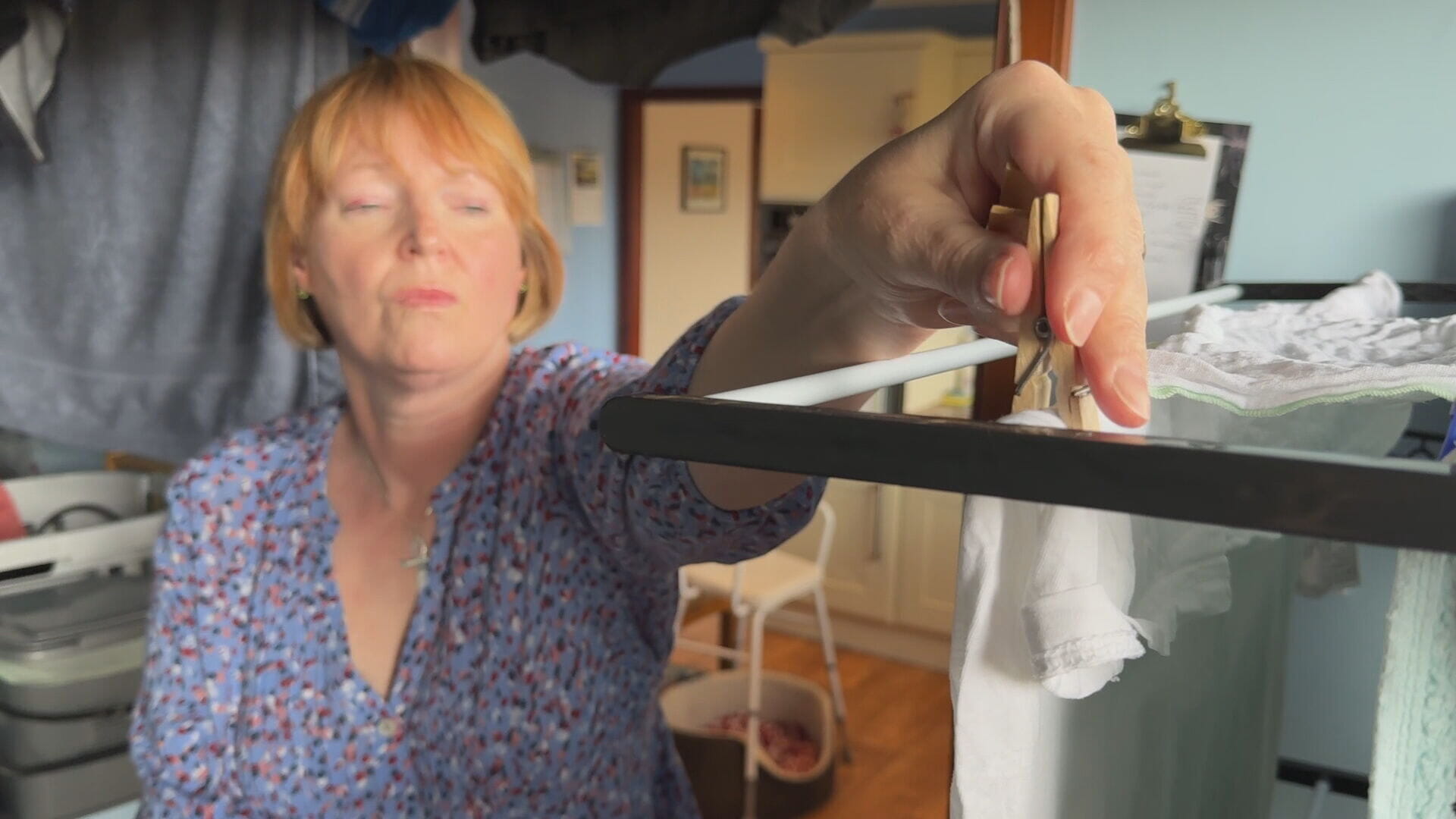 STV News
STV News“You couldn’t be comfortable in any position – it was sitting, lying, bending, you lost a lot of the day.
“Then you become more isolated and you don’t see an end to it. There’s no light at the end of the tunnel, nothing else being offered, you think that’s your life forever.”
After being placed on a waiting list to see a pain specialist, Kirstin now receives nerve root injections of steroids and local anaesthetic every four months.
“It was utterly life-changing,” she said. “It was like having my leg back.”
But the contract to provide the treatment is only temporary and will expire in September 2026. Kirstin described that as a “political decision” and says she feels “utterly betrayed.”
“We have no stability and no guaranteed future for our particular procedures,” said Kirstin. “When you have chronic pain and something that works, you take it for granted it will always be there. It’s life-changing for me and thousands of others.
“It just feels like none of us matter, ignored, not listened to, not referred into a service, not being offered the full plethora of available services, and they’re not recruiting long-term specialists to deal with it.
“Our pain management service has been built up since 2009 single-handedly and it is being dismantled at the back door.”
She says new patients referred to the service are no longer being offered the “full plethora” of treatments, with more emphasis now placed on self-management.
A spokesperson for NHS Highland said: “Highland’s Chronic Pain Management Service continues to provide comprehensive, evidence-based care through our multidisciplinary team of specialist physiotherapists, clinical health psychologists, specialist nurses, and pain medicine professionals.
“We maintain provision for injection interventions for patients who demonstrate clear benefit from these treatments and our service will be further strengthened by a new consultant anaesthetist joining the team later this month.”
‘People are being hidden away on waiting lists’
Campaigners have warned that people are being “hidden away” on lengthy waiting lists, with some taking their own lives after being unable to access treatment.
Veteran campaigner and former MSP Dorothy-Grace Elder set up Holyrood’s cross-party group on pain in 2001.
She says withdrawing pain injections and infusions will only worsen pressures on the NHS.
“It’s just a hidden nightmare because it’s an incurable condition, there’s no alternative to relieving it,” Elder told STV News.
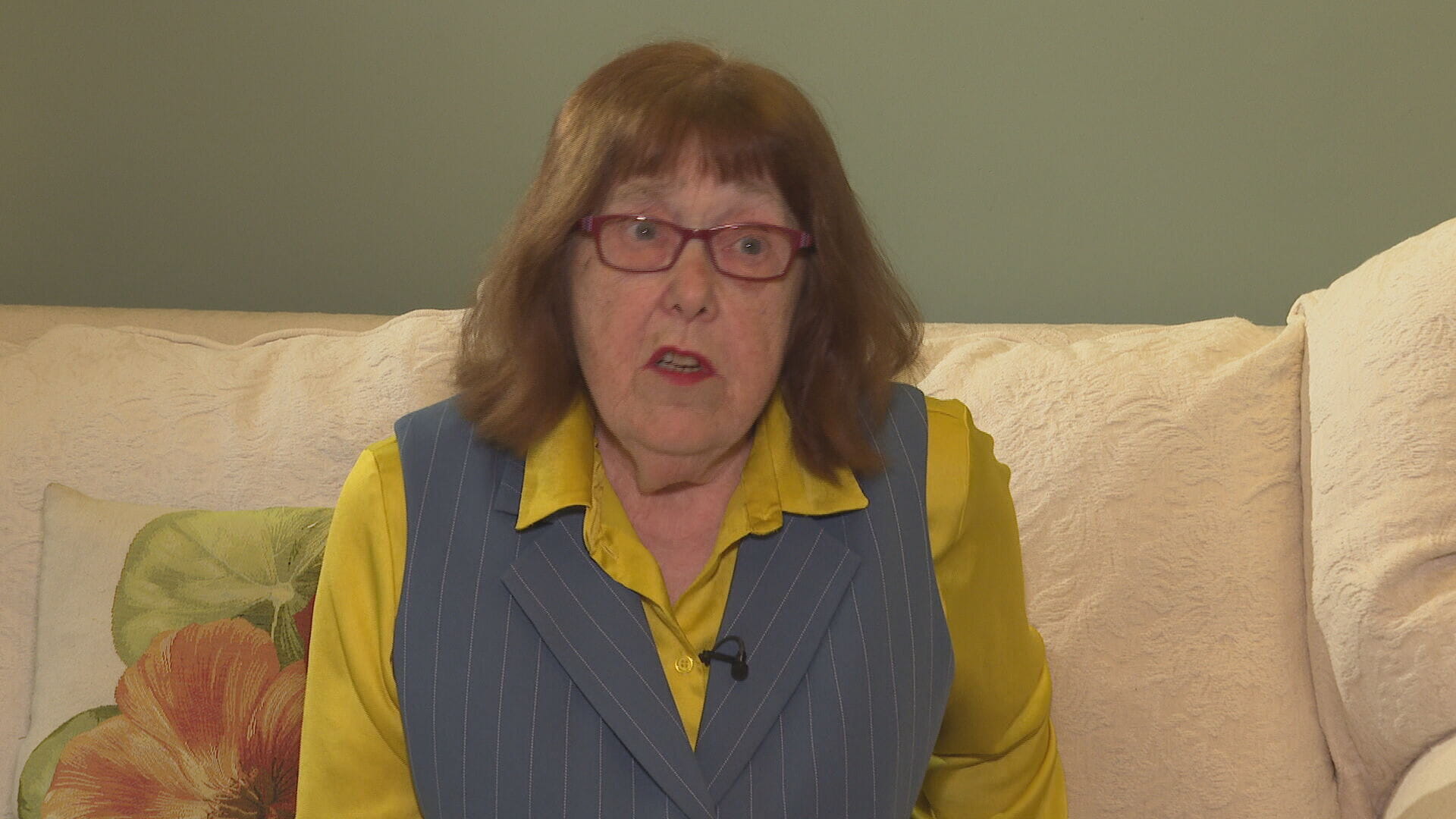 STV News
STV News“What you’re going to get is a pile on to A&E. Every year, about 40 are removed from the waiting list. The reason (for that) is death. They have died waiting to see a specialist.”
Around 20,000 patients are referred to a pain clinic every year.
Since the pandemic, both the number of patients awaiting their initial appointment and the duration of those waits have continued to rise.
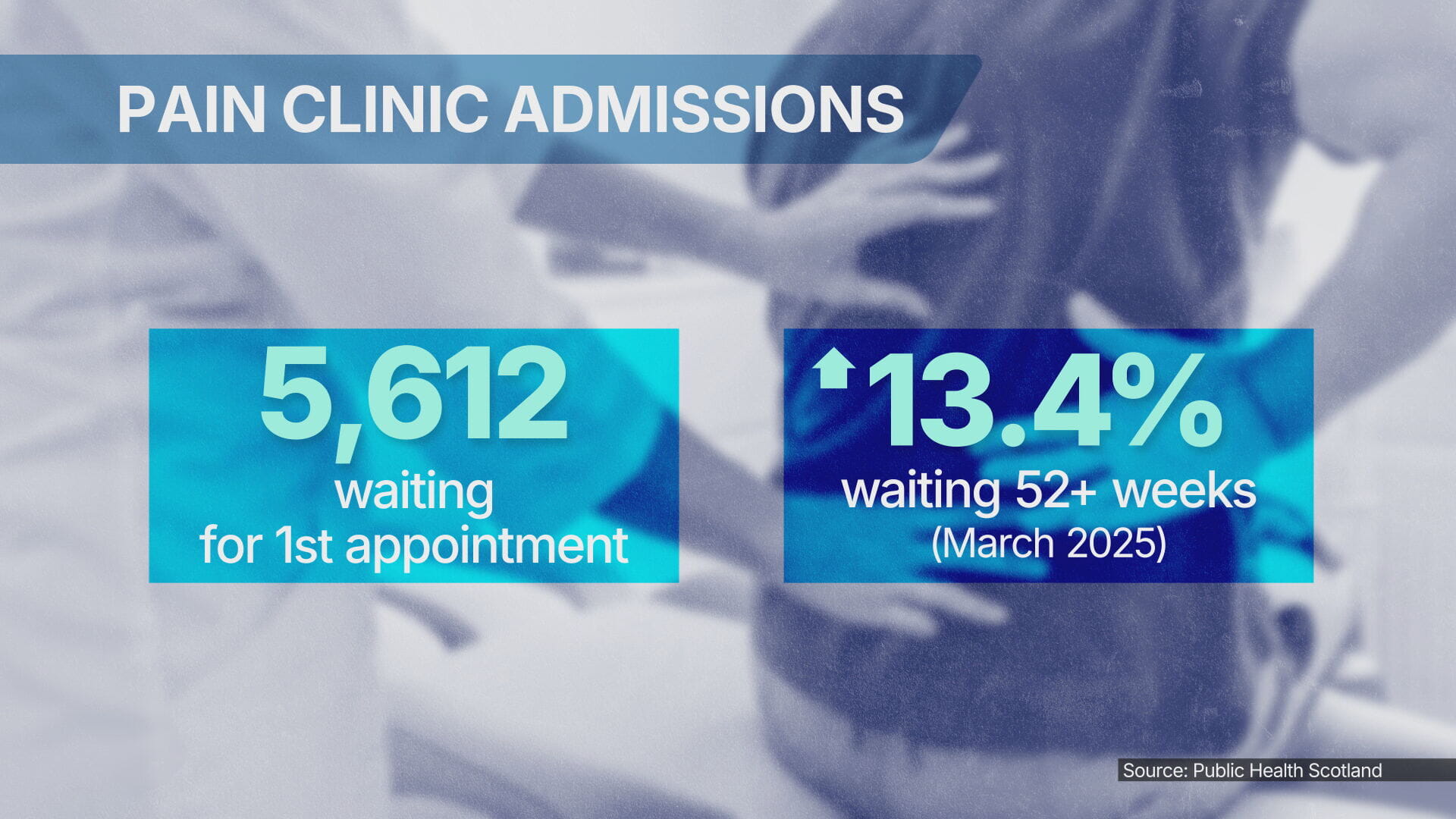 STV News
STV NewsIan Semmons from charity Action on Pain, who lives with the condition himself, told STV News: “Pain services in Scotland are probably the worst in the UK, with huge waiting times.
“Access to services are very varied. Follow-up appointments can be delayed; it can be two to two-and-a-half years.
“Pain becomes chronic after three months, the longer you leave it the harder it is to deal with. It’s the psychological side too.
“The thing is people cannot see chronic pain. They can’t see it at all. If you walk down the road with your leg in a plaster people know.”
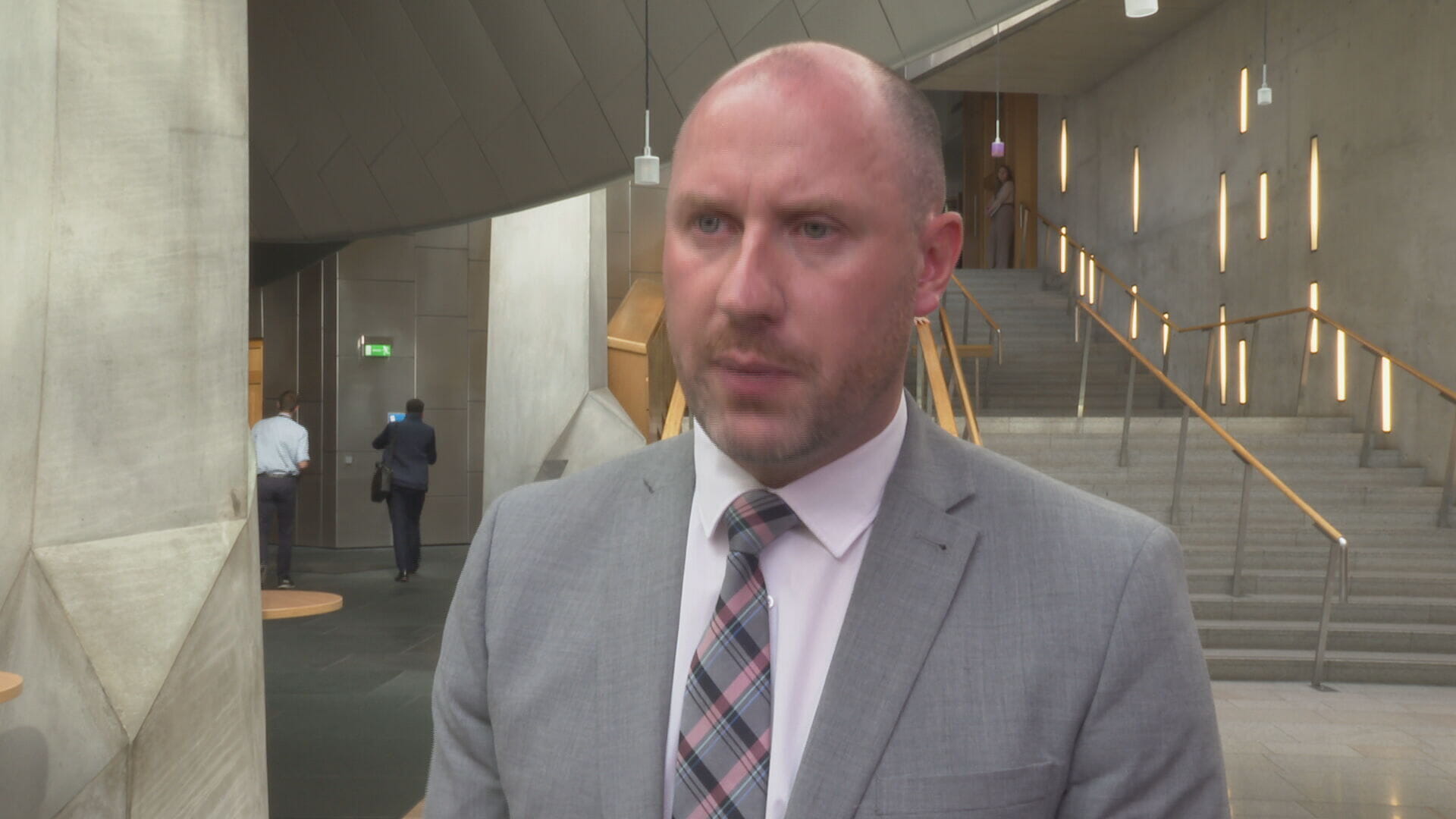 STV News
STV NewsHealth secretary Neil Gray told STV News: “I very much recognised somebody suffering from chronic pain that is a debilitating condition it has a chronic impact on their entire ability to life their life well.
“We are investing across the health service to improve waiting times and capacity. It’s about ensuring we’ve got the workforce in the right place and it’s about supporting people to manage their conditions better.”
Help and support is available now if you need it. Details of services available can be found at stv.tv/advice
Anyone feeling emotionally distressed or suicidal can call Samaritans for help on 116 123 or email jo@samaritans.org
Follow STV News on WhatsApp
Scan the QR code on your mobile device for all the latest news from around the country


